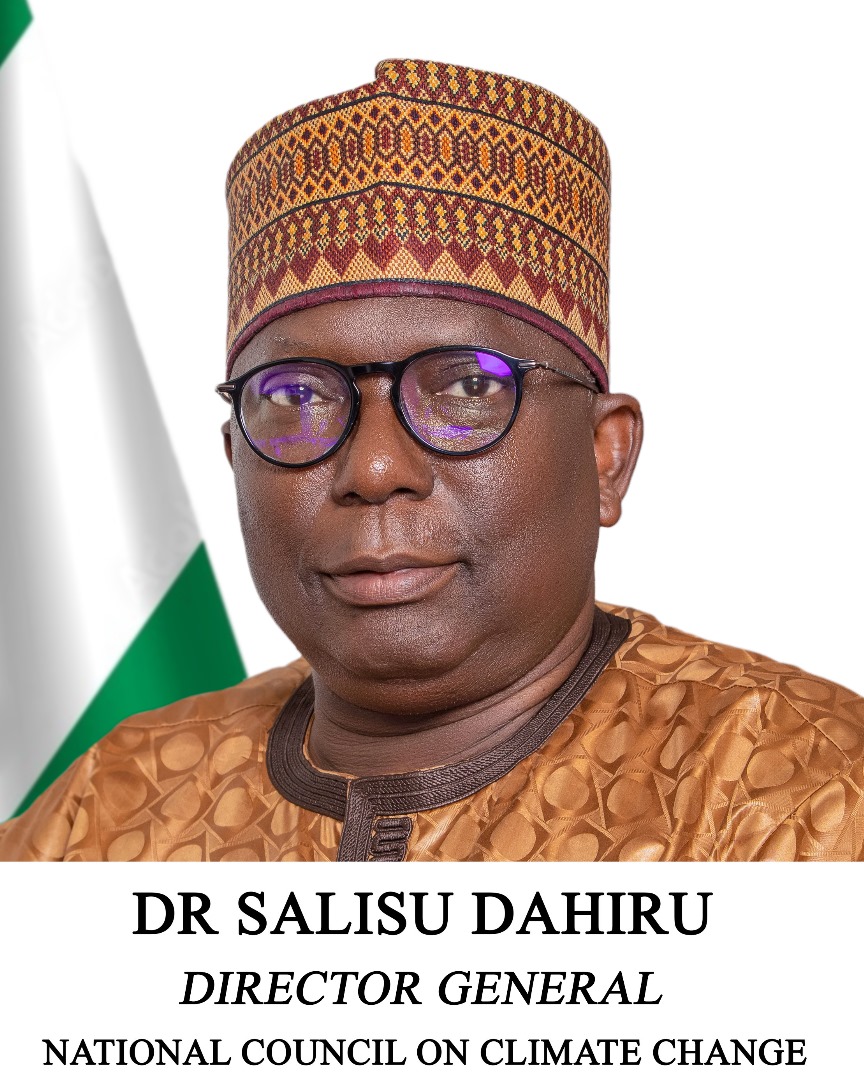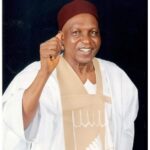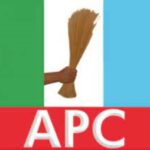By Chuks Oyema-Aziken
Participants at the just concluded training workshop for the preparation of Nigeria’s First and Second Biennial Transparency Report (BTR1&2) and the Fourth National Communication have stressed the availability of accurate data.
The 5-day training was organized by the National Council on Climate Change (NCCC) with the support of the United Nations Development Programme UNDP in Lagos.
Speaker to journalists, Engr. Peter Baba Shiru, Chief Scientific Officer with Department of Linkages and Collaboration and Consultancy, Energy Commission of Nigeria said:
“As a developing country, the workshop is a welcome development from the support of the United Nations Development Programme to get this data because as we speak there is no basis for climate change mitigation and what we are doing right now is to have a basis which we can update year-in, year-out but the most important thing is to have a basis of a climate change data across different sectors.
“The workshop will help Nigeria in different ways because if data are there, people can go into the website whether in the public domain of Nigeria Bureau of Statistics to access the information.
“My take home is that Energy Commission has series of policies over the years that has never seen the light of the day but in this workshop we have been told that Energy Data Balance that has been in existence in Energy Commission of Nigeria would be used as basis as a starting point.
“So in Energy Commission, the research that we have done few years ago is still there documented. My D.G will be happy to hear that the policy that has been in our custody for years will now be eventually be displayed on the international platform offered by NCCC.
Also speaking, Alice Eze, Chief Operating Officer, Climate Action Africa said “I agree with the organizers who says we really need to tackle head-on the problem of data in Nigeria, it is a really massive problem because you cannot get any solution if you don’t have accurate data.
“I hope whatever resolution that are made during the workshop are carried out to the later and the participants get all the support needed for proper implementation.
“Considering the fact that the impact of climate change are far reaching especially in certain regions within Nigeria, I’m hoping that the Federal Government give participants the utmost support needed especially in terms of funding because it is going to take a lot for people to go round sourcing for data.
“I also hope that whatever outcome from this goes a long way in influencing policies that will ensure that we meet out targets,” she added.
Nigeria, being a Party to the UNFCCC and its Paris agreement (PA), has the obligation to prepare and submit national reports of emission of GHG by sources and removal by sinks, mitigation actions, adaptation impacts and support received or needed, which is in accordance with the decisions and guidelines of reporting under the Convention.
In order to meet this obligation, Nigeria has prepared and submitted to the UNFCCC, three (3) reporting cycles in the National Communication, two (2) in the Biennial Update Report and currently commenced the preparation of the BTR1-BTR2-NC4 funded by GEF. The BTR 1 is expected to be submitted to the UNFCCC by December 2024 as mandated in the PA.
BTR include information on national inventory reports (NIR), progress towards NDCs, policies and measures, climate change impacts and adaptation, levels of financial, technology development and transfer and capacity-building support, capacity-building needs and areas of improvement.



